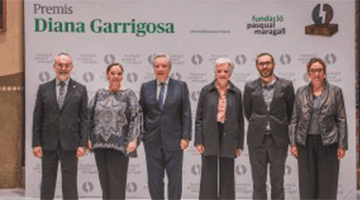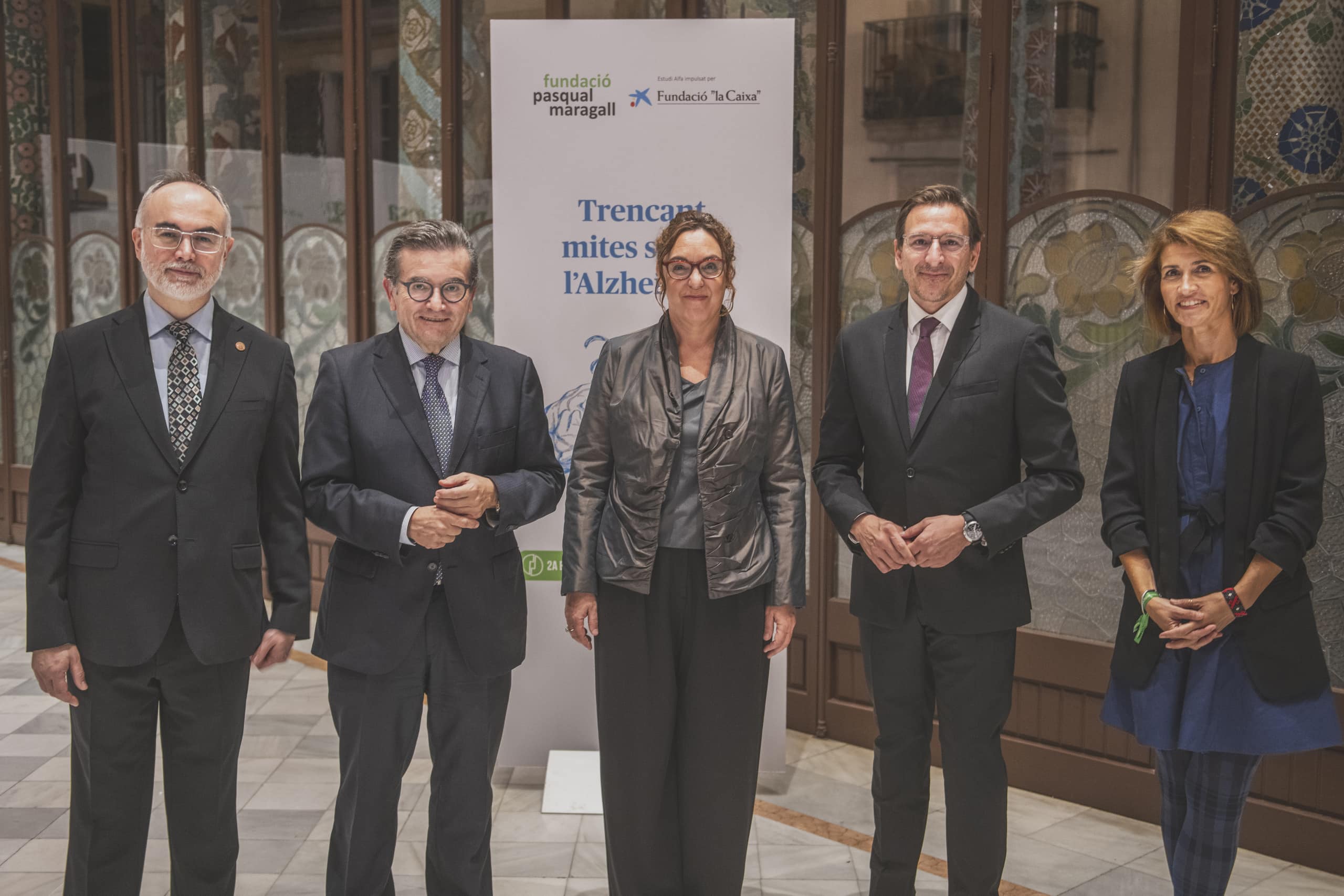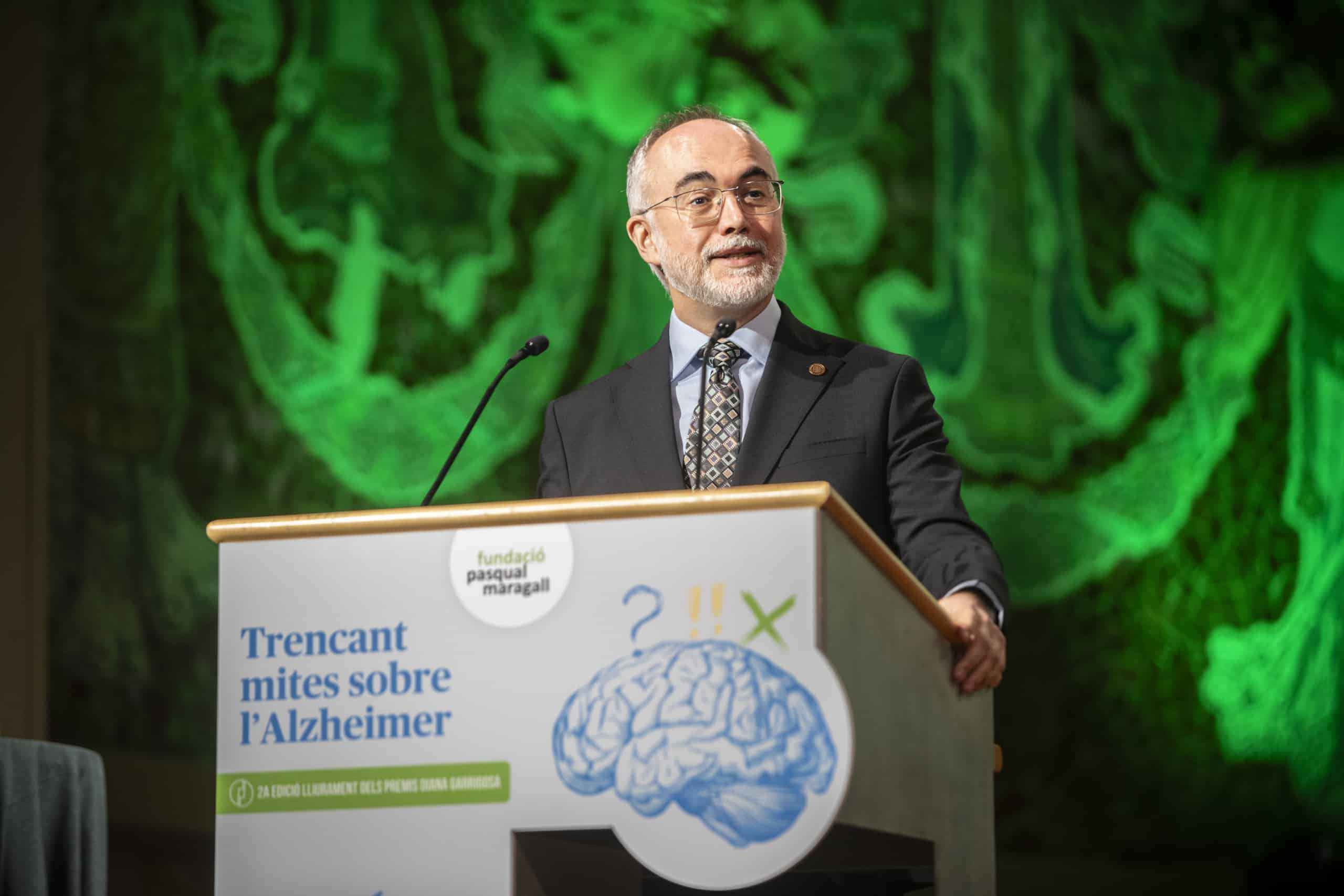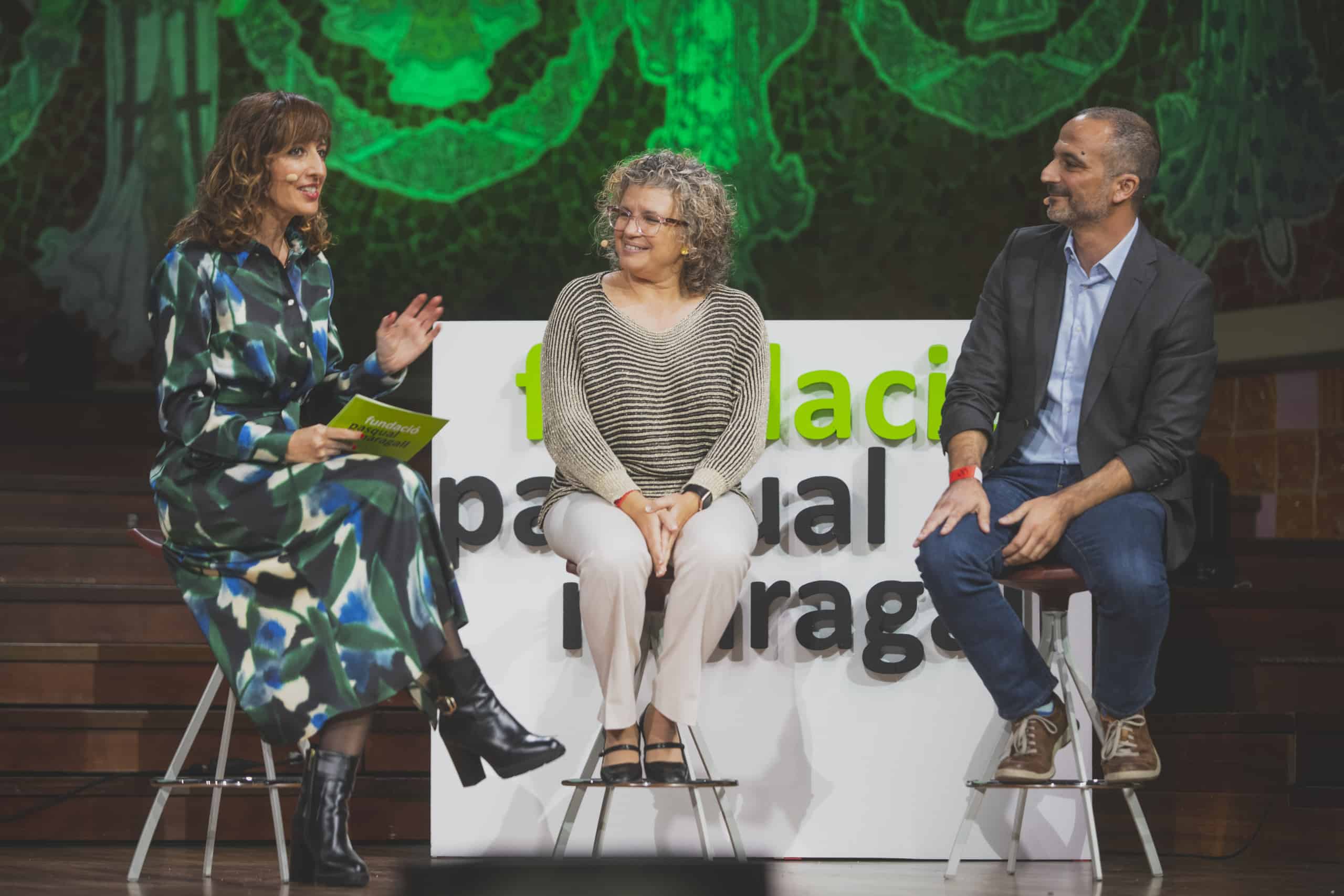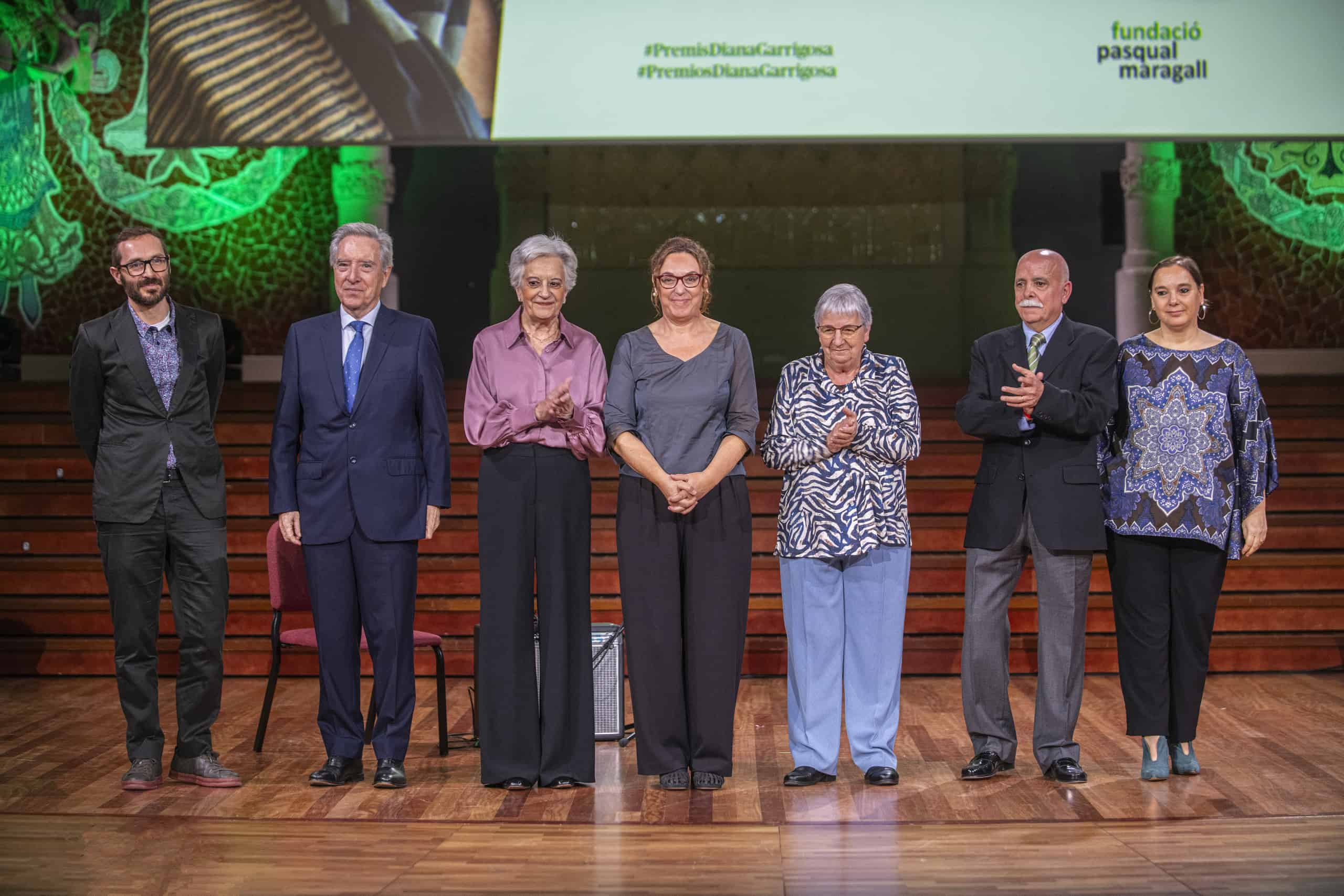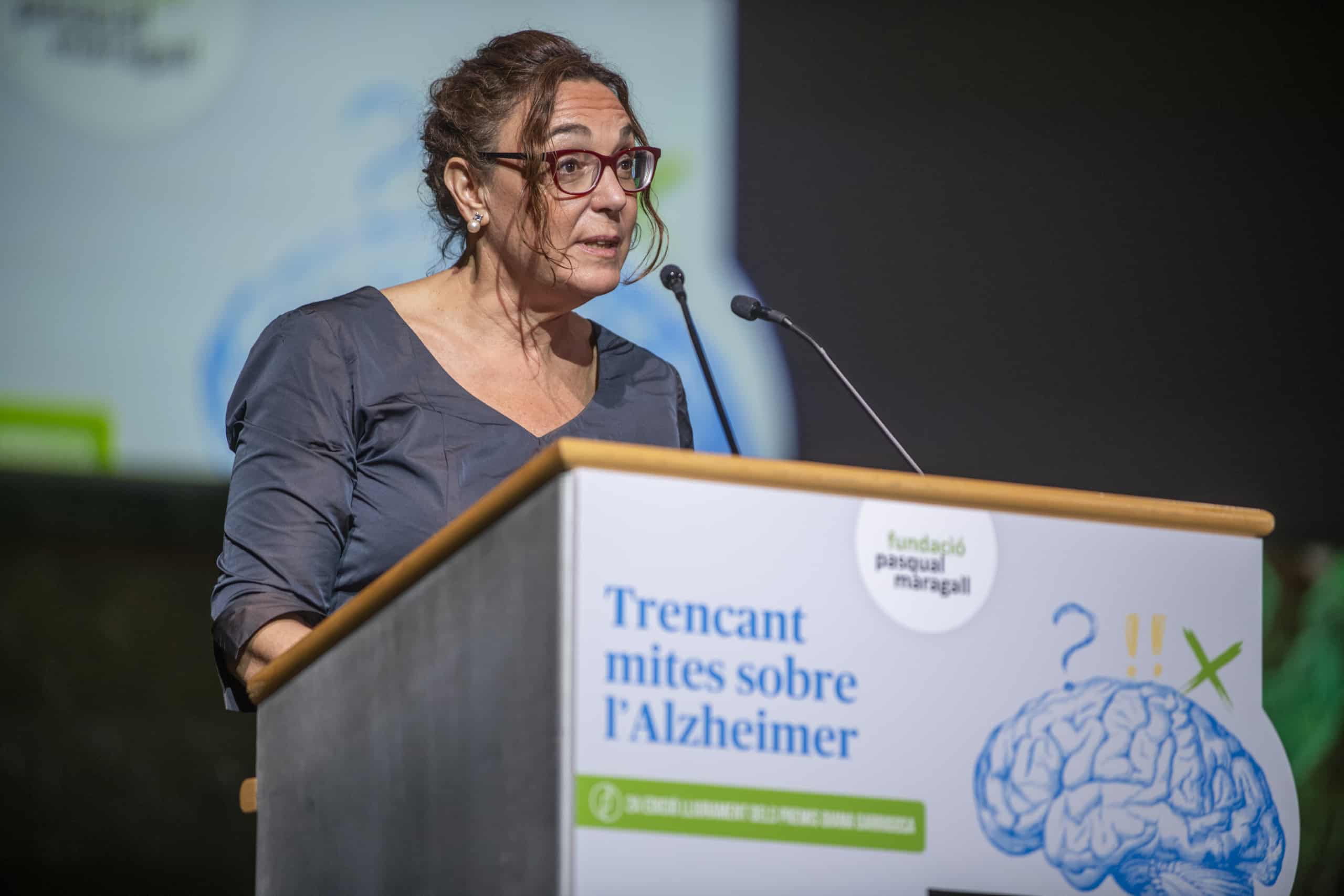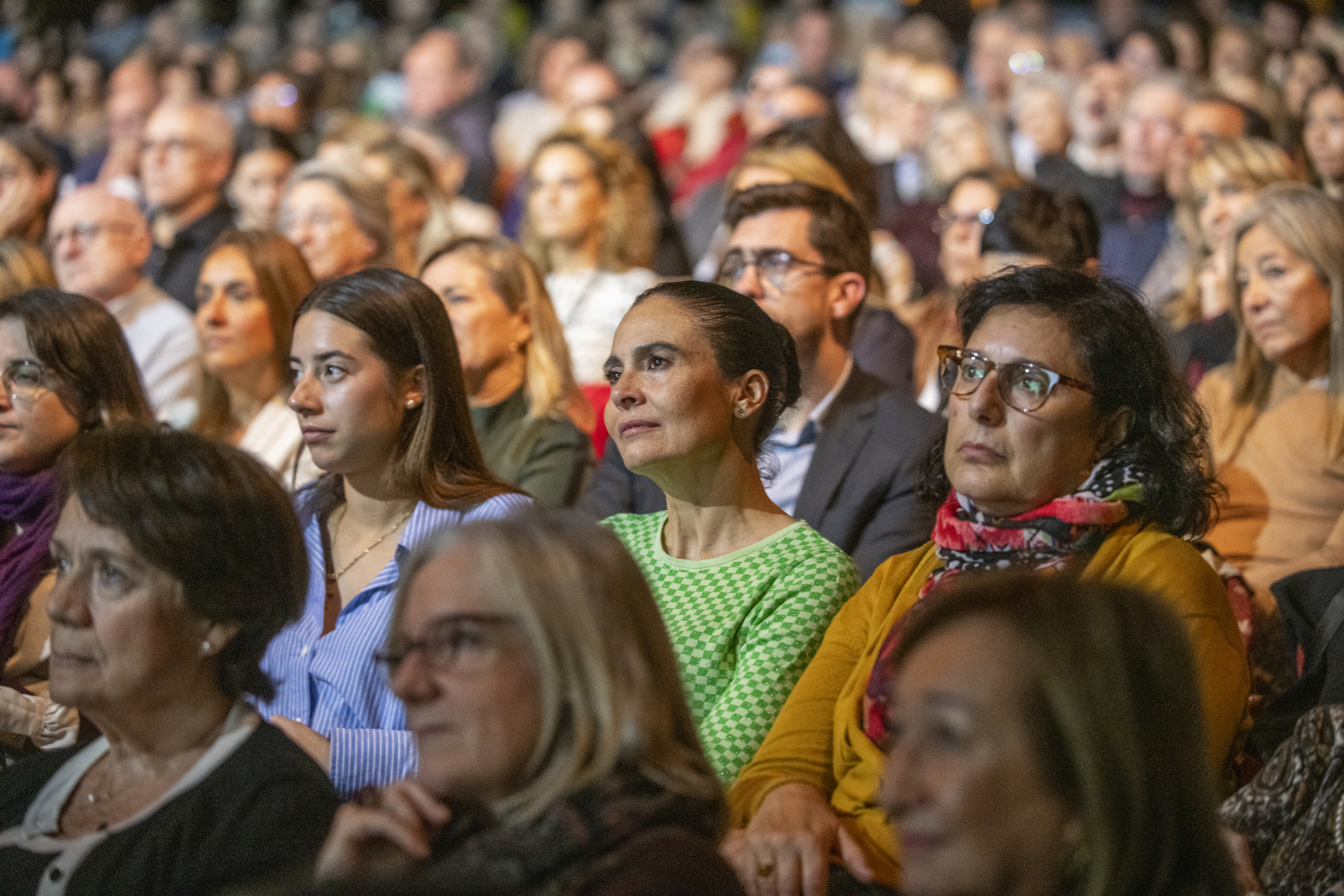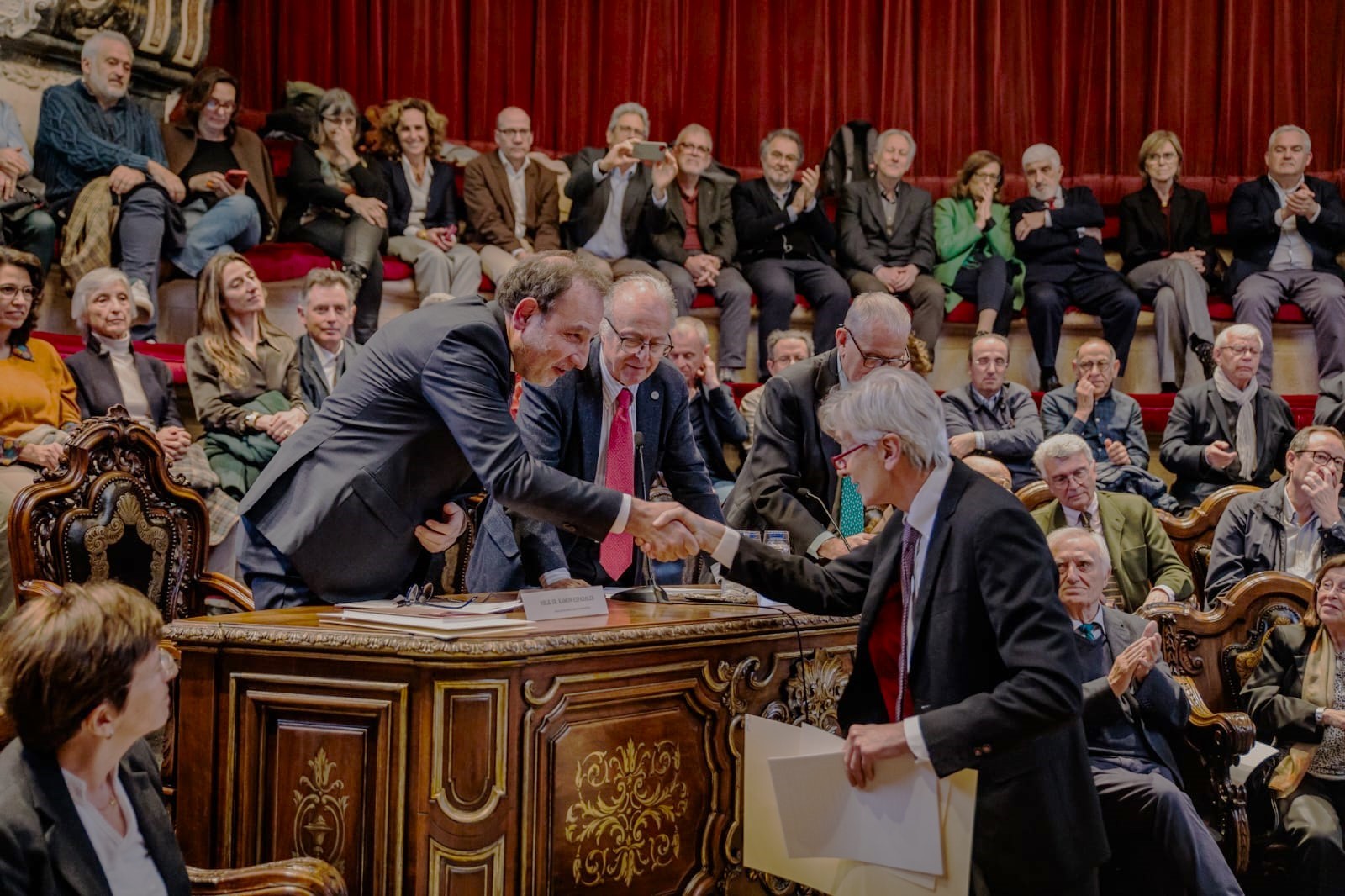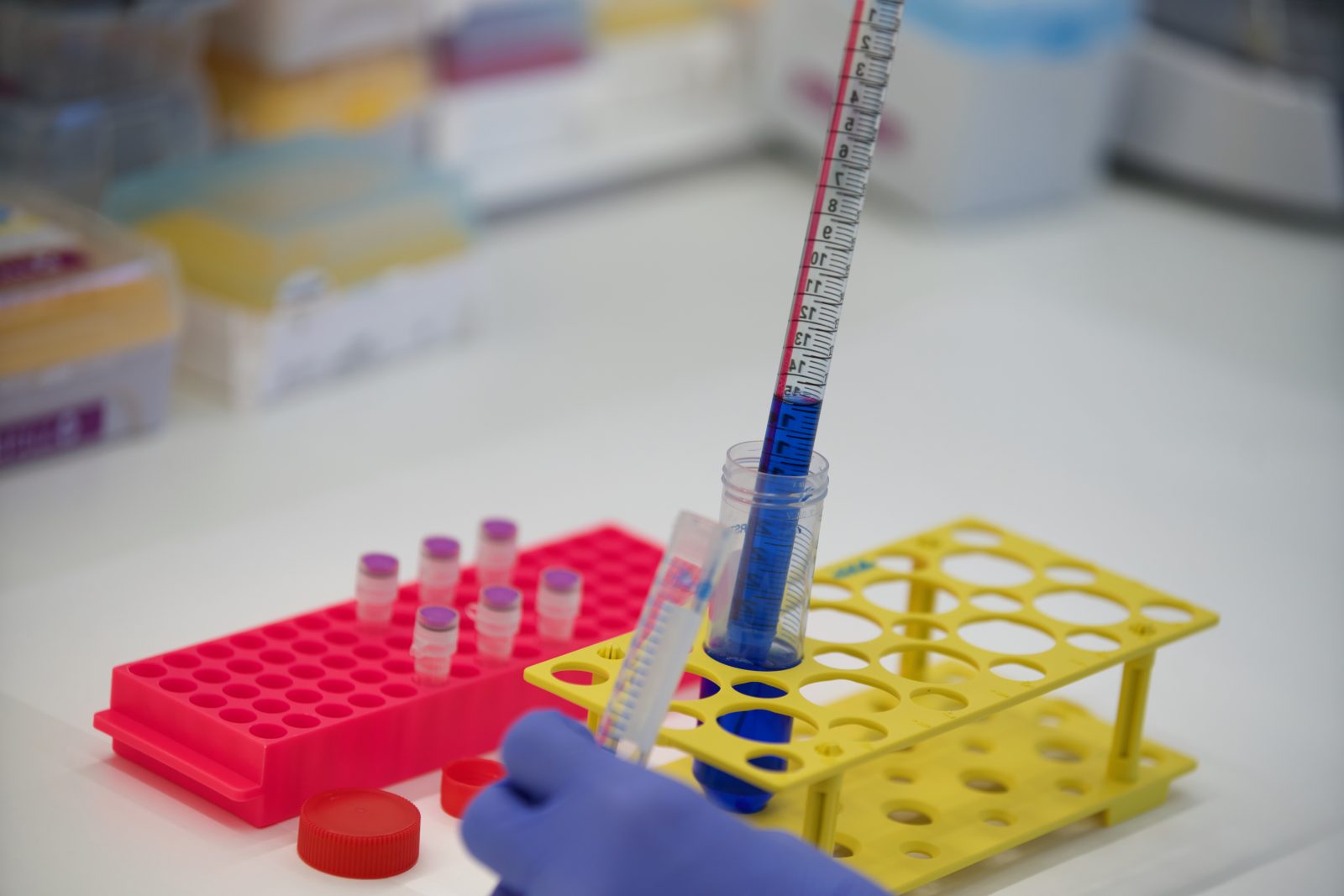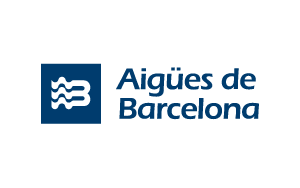The Pasqual Maragall Foundation has awarded the philosopher, former senator of the Cortes Generales and former councilor of the Council of State, Victoria Camps, and the renowned journalist, Iñaki Gabilondo, in the second edition of the Diana Garrigosa Awards, in recognition of their life and outstanding personal and professional career as models of active and committed seniority in the defense of social values and rights.
These awards were created in commemoration of Diana Garrigosa (1944-2020) to give visibility to her legacy and in memory of her figure. In its first edition, the figures Manuela Carmena, magistrate emeritus and former mayor of Madrid, and the journalist and director of the media 65ymás, Fernando Ónega, were highlighted.
This year the awards were presented coinciding with the celebration of VI Annual Meeting of the Foundation held at the Palau de la Música, where both winners received the award personally.
Victoria Camps He stressed that "All awards are exciting, but this one is especially exciting for two reasons. One, because it comes from the Pasqual Maragall Foundation, which is responding to one of the most serious problems we have. The other reason is because it bears the name of Diana Garrigosa, who had two virtues that are not very common: discretion and generosity.".
Iñaki Gabilondo has stated that he is "I am very moved. I am very grateful because the Pasqual Maragall Foundation was introduced to me almost from the very beginning and I remember its plans and its enthusiasm so well that I am impressed by the dimension it has acquired.".
Busting the myths about Alzheimer's
The Foundation's VI Annual Meeting brought together more than 1,300 people, including members, donors, patrons, participants in its studies, caregivers and staff of the entity. The event, hosted by journalist Carolina Rosich, has focused on debunking myths about Alzheimer's and explaining the future of research.
In this sense, the Dr. Arcadi Navarro, director of the Pasqual Maragall Foundation, who opened the meeting by reviewing and thanking the social base for the 15 years of history of the entity, highlighted that: «Over the years, we have opened the door to new ways of early identification and prevention of the disease. Thanks to our researchers and the participants in our studies, we have made a decisive contribution to updating the criteria, now based on biomarkers, used worldwide for the identification and accurate detection of Alzheimer's disease, and we have established the link between modifiable risk factors and Alzheimer's disease.«. He also highlighted the work of the Foundation to change the social consideration of the disease: «We are working to change the way society perceives the disease through dissemination, awareness and sensitization, and in the last year alone we have organized a meeting in the Senate to demand more resources for the disease and we have organized new groups of caregivers to continue supporting the families who suffer from it., he says.
The event then focused on research with the participation of Dr. Juan Domingo Gispert, director of the Neuroimaging Research Group at the Barcelonaβeta Brain Research Center (BBRC), who spoke about existing treatments and Alzheimer's biomarkers: «The treatments used today do not change the course of the disease. We say that they are symptomatic because they temporarily improve the symptoms, but the disease continues to progress. But in the United States, this year, two drugs have been approved that could slow down the progression of the symptoms of the disease. We have to understand that the main benefit of these drugs is to see how much time we gain thanks to them».
And also with the intervention of the Dr Nina Gramunt, a neuropsychologist and expert in training and dissemination from the Pasqual Maragall Foundation, Dr. has spoken about Alzheimer's prevention and the current role of non-professional caregivers: “Alzheimer’s is not a lottery. What research is showing us is that we will hardly find a single cause. The risk of developing the disease depends on two types of factors: those that are not modifiable and those that we can modify, and therefore, those that we can act on to minimize the chances of ending up suffering from the disease. It has been agreed that there are up to 12 modifiable risk factors that could reduce cases of dementia by up to 40%. We are talking about factors that have to do with cardiovascular health, lifestyle and nutrition, among others.”
For its part, Ignasi Lopez, director of the science and research department of the "La Caixa" Foundation, has underlined the importance of research, highlighting the entity's more than 10 years of commitment through the promotion of the BBRC research center and, in particular, the ALFA cohort, "On days like today, we can see the extraordinary daily work carried out by the volunteers and scientists of this project, driven by the dream of a world without Alzheimer's. We are proud of this journey we have made together and in the coming years we will continue to support the Pasqual Maragall Foundation and the BBRC with the aim of strengthening health research in the country and to provide new opportunities in the fight against Alzheimer's and neurodegenerative diseases.«.
Finally, and as a closing, Cristina Maragall, president of the Pasqual Maragall Foundation, has thanked the social base for its support throughout all these years of its history: «Exactly 15 years ago, in this very room, the priest presented his memoir Oda Inacabada. Some of you who are here were already here at that time, and many others have joined the foundation's project year after year. Who could have imagined it then; today this community already numbers more than 70,000 people. Thank you all very much for accompanying us.«.
The event ended with a concert by the soprano Barbara Hendricks, internationally recognized for both her involvement in the world of music and her commitment to the defense and promotion of human rights.





